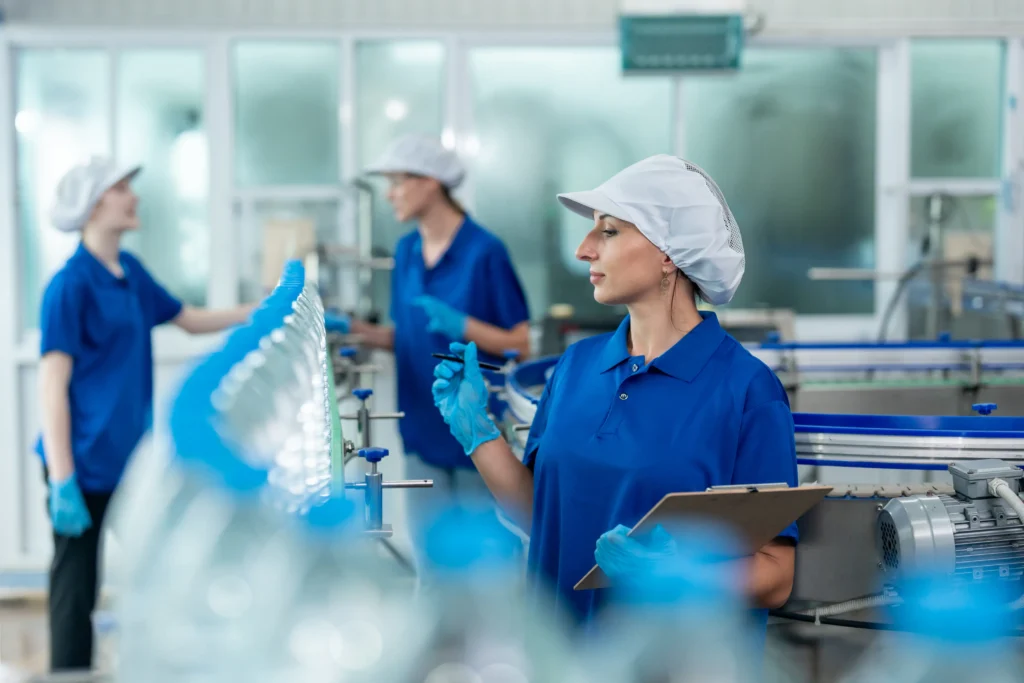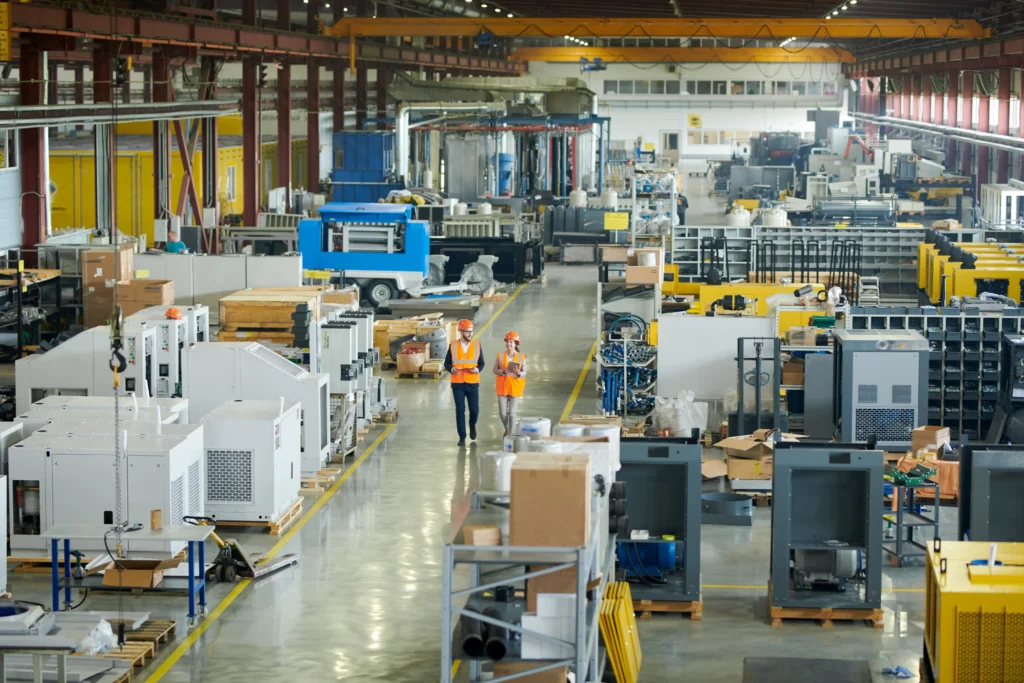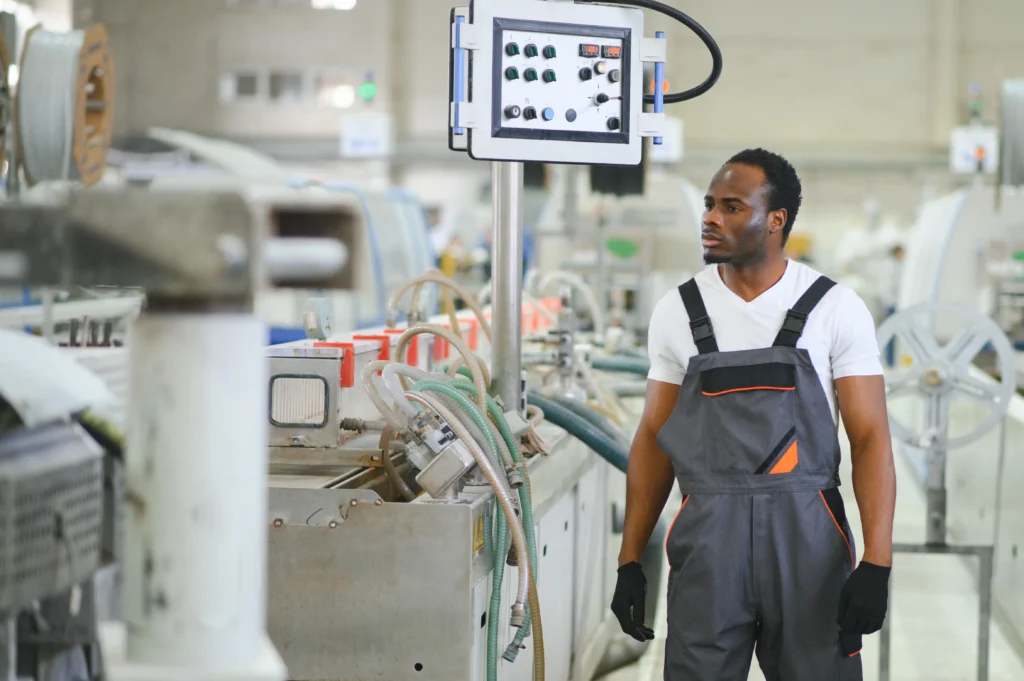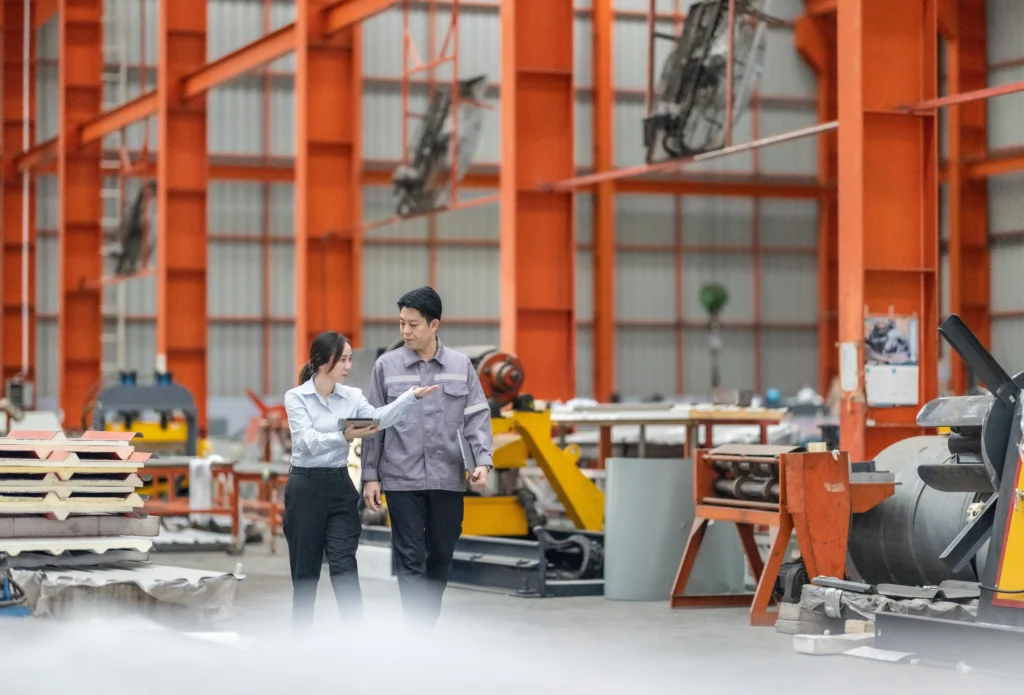It has been a cornerstone of modern manufacturing, providing versatile and revolutionary materials to countless products.
Consumer products, textiles, packaging, construction, transportation and electronics to name but a few. Plastics are used in just about every sector, for instance:
- They’re used in the automotive and aerospace industry to cut weight and hence, reduce fuel consumption.
- Plastics excellent strength to weight ratio, durability and corrosion resistance are used to full effect in the construction industry
- Hygienic, flexible and durable, plastics flexibility makes it the perfect choice for packaging.
But, what does the future hold for the plastics industry?
It is fair to say that the industry has been undergoing significant shifts over recent years.
Increasing concerns about plastics’ environmental impact.
Sustainability.
Regulatory changes.
In this article, we will explore the evolving landscape of the plastic industry and what it means for manufacturers.
The push for sustainability
Sustainability is no longer just a buzzword; it’s a, or even, THE driving force in the plastic industry.
With growing awareness of the environmental impact of plastic waste, manufacturers are under pressure to adopt sustainable practices.
This includes reducing plastic waste, increasing recycling efforts, and developing biodegradable alternatives.
We’ve written about sustainability a number of times within this blog – and how DELMIAWorks can help plastics manufacturers more sustainable including:
Learn how a plastic extruder, who manufactures custom profile and sheet extrusions, has used DELMIAWorks to drive their own sustainability story
Reducing Plastic Waste
Efforts to minimise plastic waste are at the forefront of the industry’s sustainability initiatives.
Manufacturers are investing in technologies (hint: DELMIAWorks) that reduce waste during production and improve the efficiency of recycling processes.
This not only helps the environment but also cuts costs associated with waste management.
Recycling and Biodegradable Alternatives
Recycling has become a key focus as the industry strives to create a circular economy.
By developing new recycling technologies and encouraging consumer participation, manufacturers aim to reduce the amount of plastic ending up in landfills. Additionally, research into biodegradable plastics offers promising alternatives that can decompose naturally, reducing long-term environmental impact.
Learn more about ‘Simpler Recycling’ on the British Plastics Federation website.
Regulatory Changes and the Plastics Tax
Governments worldwide are implementing stricter regulations on plastic production and waste management.
One significant development is the introduction of the plastics tax, which aims to discourage the production of non-recyclable plastics.
Understanding the Plastics Tax
The plastics tax is designed to incentivise manufacturers to use recyclable materials and invest in sustainable practices.
Companies that fail to comply may face financial penalties, making it crucial for manufacturers to understand and adapt to these changes.
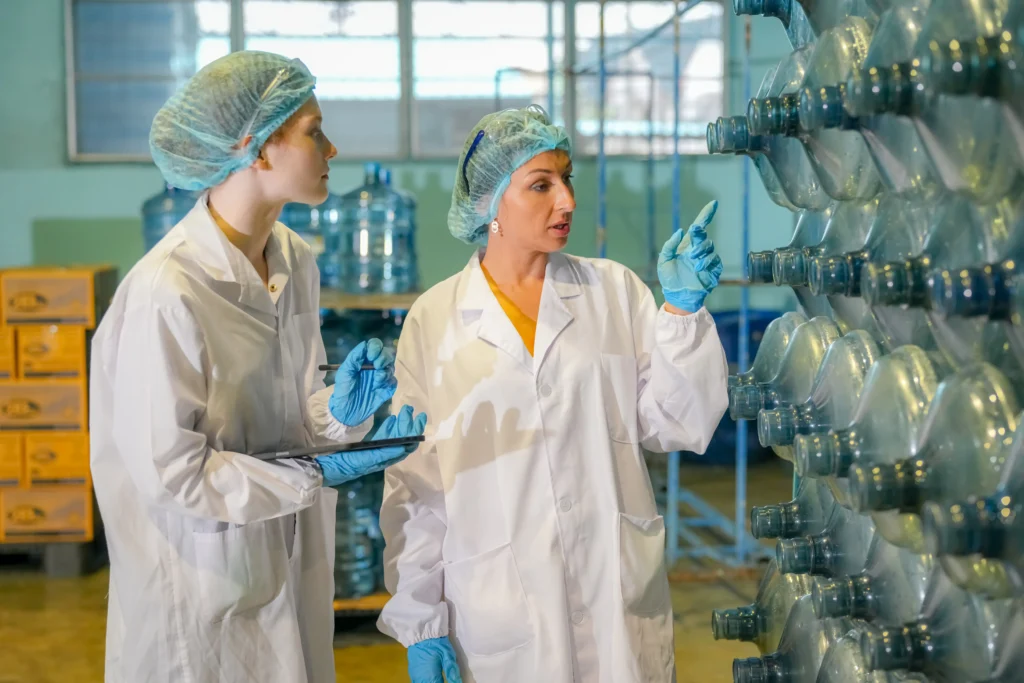
This shift emphasises the need for manufacturers to incorporate sustainability into their business models to remain competitive.
We produced an article specifically about Plastic Packaging Tax and how to track recycled plastic usage in manufacturing with DELMIAWorks.
The Role of Technology in the Future of Plastics
Technology is playing a pivotal role in transforming the plastic industry.
Innovations in manufacturing processes and materials are leading to more efficient production and less environmental impact.
Advanced Manufacturing Techniques
Manufacturers are increasingly adopting advanced manufacturing techniques such as 3D printing and automation.
These technologies allow for more precise production, reducing material waste and energy consumption.
Additionally, they enable manufacturers to experiment with new materials and designs that prioritise sustainability.
Real-Time Production Data and ERP Systems
Integrating real-time production data and ERP systems is crucial for manufacturers looking to improve operational efficiency and sustainability.
ERP systems help streamline processes, optimise resource allocation, and provide insights into production metrics.
By using real-time data, manufacturers can make informed decisions that enhance product quality and reduce waste.
DELMIAWorks recently released details of more flexible options for manufacturers looking at software, including MES Systems only, ERP plus MES and manufacturing operations management only.
Challenges (and Opportunities) Ahead
The transition towards a more sustainable and efficient plastic industry presents both challenges and opportunities for manufacturers.
Overcoming Challenges
Plastics manufacturers face several challenges as they adapt to the evolving landscape.
These include the initial costs of implementing new technologies, navigating complex regulations, and changing consumer expectations.
However, by proactively addressing these challenges, manufacturers can position themselves as leaders in sustainability.
Schedule a brief discovery call with Tom Grigg, our Manufacturing Solutions Consultant to discuss your software and technology options.
Embracing Opportunities
The shift towards sustainability opens up new opportunities for manufacturers. By investing in research and development and advanced software technology, companies can create innovative products that meet consumer demand for environmentally friendly options.
Additionally, embracing sustainable practices can enhance brand reputation and attract environmentally conscious consumers.
Conclusion
The future of the plastic industry is being shaped by the demand for sustainability, regulatory changes, and technological advancements.
Manufacturers must adapt to these changes to remain competitive and meet the growing expectations for environmentally responsible practices. By reducing waste, embracing new technologies, and leveraging real-time data, manufacturers can lead the way towards a more sustainable and efficient future for the plastic industry.
As the industry continues to evolve, manufacturers who prioritise sustainability and innovation will be best positioned to thrive in the changing landscape.
By understanding the challenges and opportunities ahead, they can navigate the complexities of the industry and contribute to a more sustainable future.

